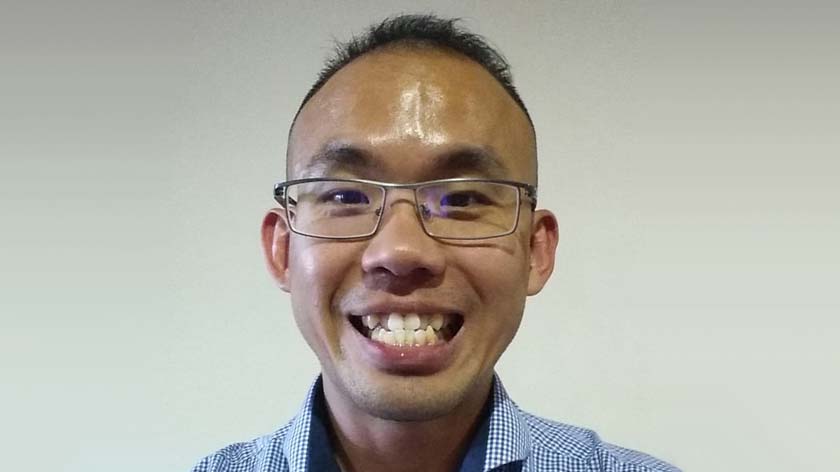04/03/2021
By Shengji Tee, Lead Engineer at SP Energy Networks
To launch World Engineering Day this year, we’re spotlighting our engineers over the coming weeks to look at how the profession is adapting to support a sustainable future and help us take climate action.
Read how the art of engineering is evolving and learn about what’s still to come.

Tell us why the skills required of an engineer in the past are different to what’s needed now
In an ever-changing energy landscape with persistent influx of data and increased control and automation, the skillsets of an engineer have definitely broadened from having sound technical acumens to also now demanding data mining and programming skills, alongside presentation and engagement with regulators and policy makers.
How has engineering transformed the world for the better?
It is scary to think about a world without engineering – from how we were able to turn on the first light bulb to now powering nations and the world.
Is the art of engineering as relevant and urgent as ever?
Engineering has become increasingly pivotal in today’s world as we make transformational changes to our physical and IT infrastructures to realise the huge leaps from traditional energy sources to renewable ones. At the same time we’re facilitating an unprecedented increase in electricity demand and upholding the operation of a sustainable and resilient network.
Thinking about the future of the engineering profession, what do you predict will change?
There are great expectations of realising a Net Carbon Zero future and this requires bright engineers with the right skills as it is this “collective brain” that will enable the multi-pronged approach of efficient electricity network planning, control, operation and management.
With an increasingly automated, digital, electric and connected world, engineers of the future are expected to continuously be abreast of the latest technical developments in their areas of expertise. We also need to be engaged with the international community to agree standardised approaches as we progress and keep tabs on climate change adaptation strategies. I think going forward there will also be a greater expectation to be conversant in data handling and analysis, internet communication protocols and control system algorithms. It’s an interesting time for any engineer in their career.